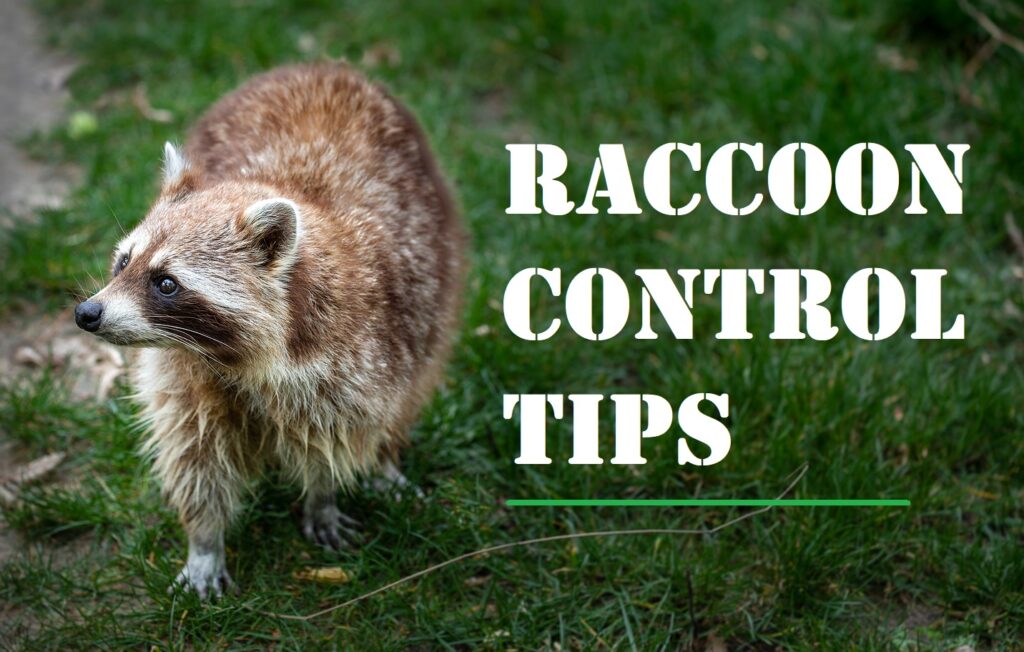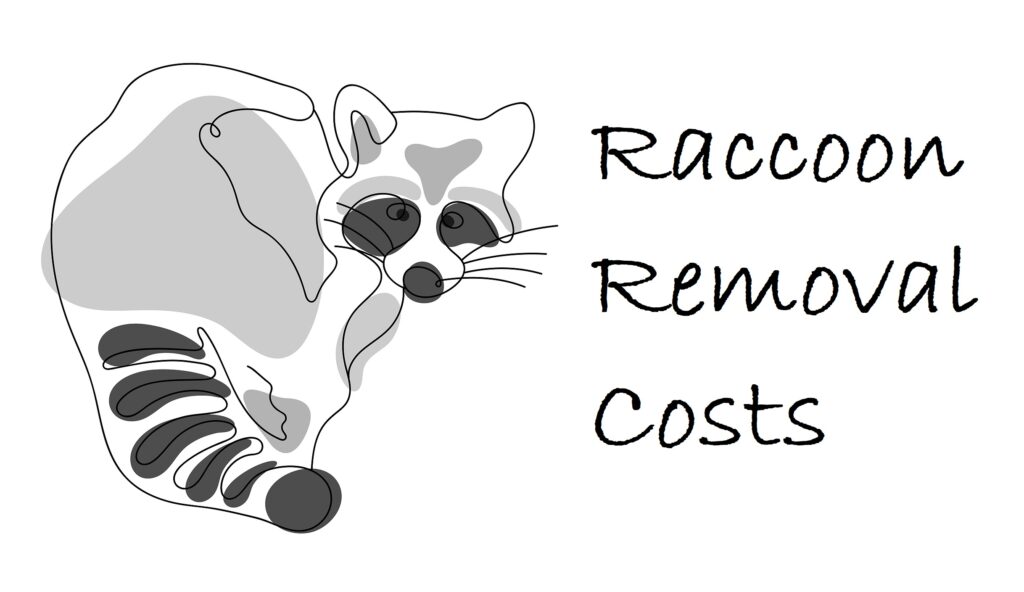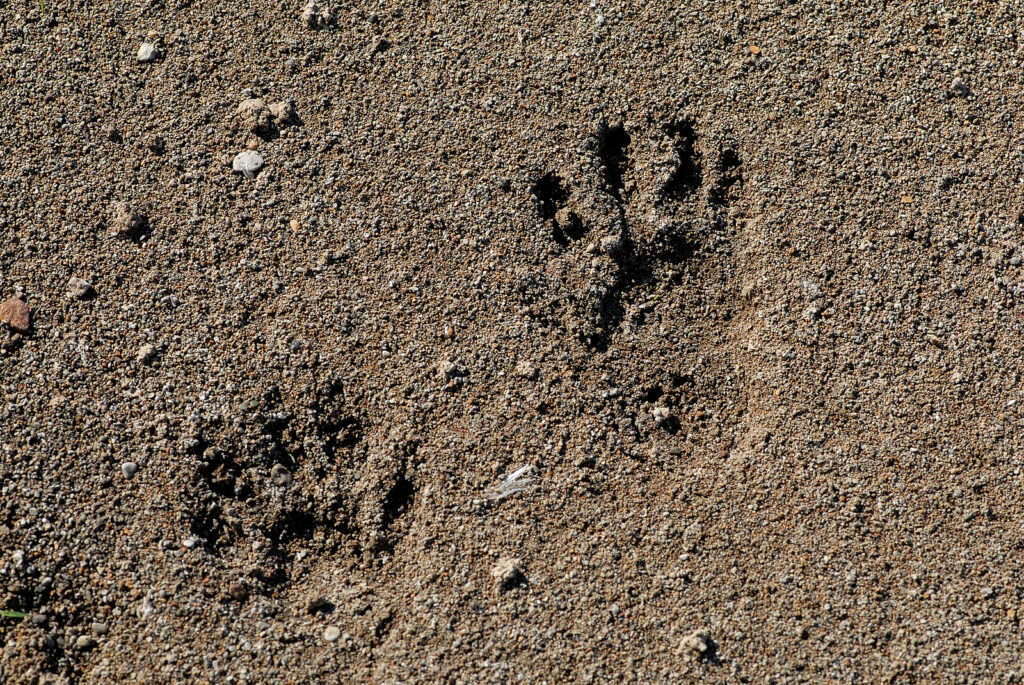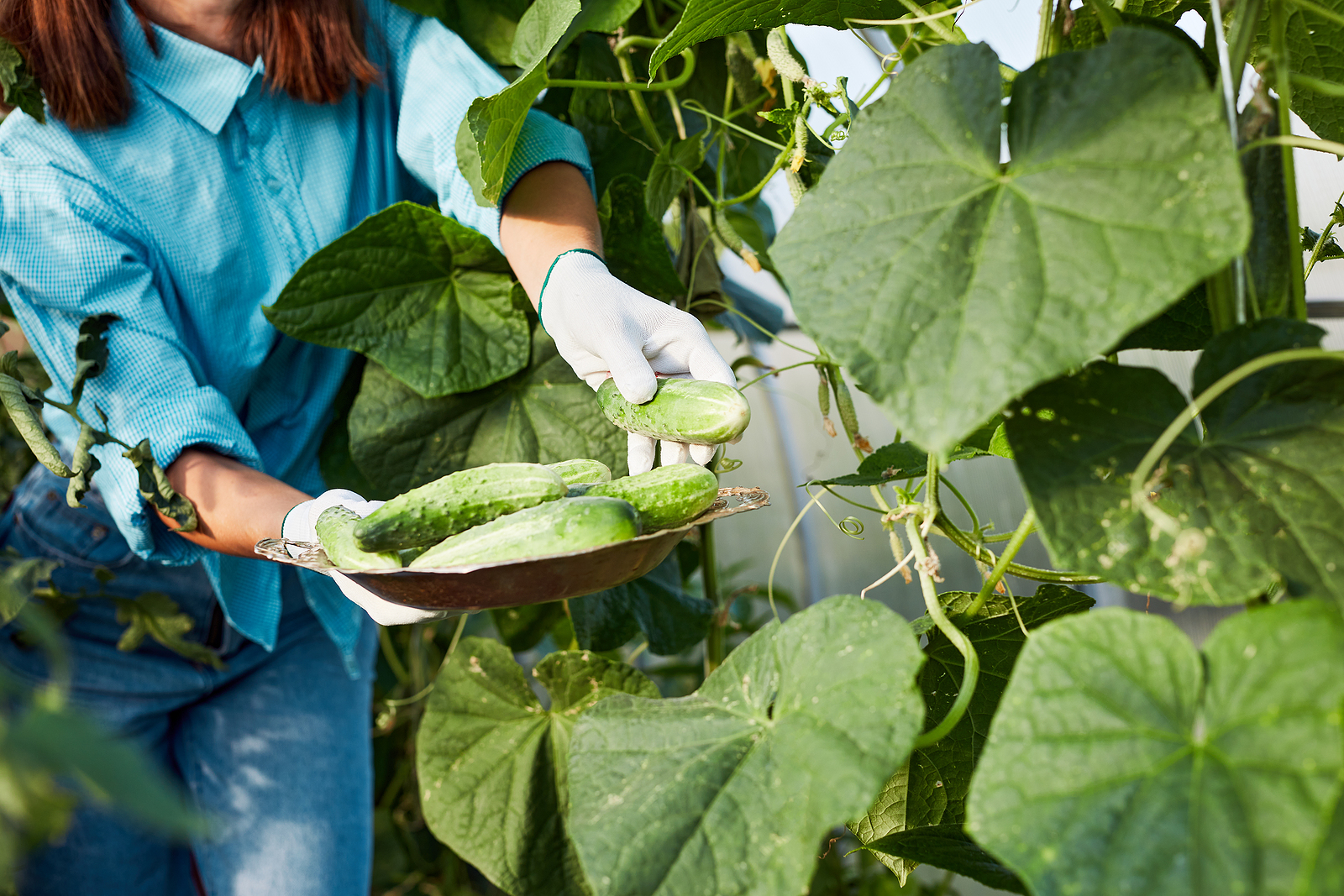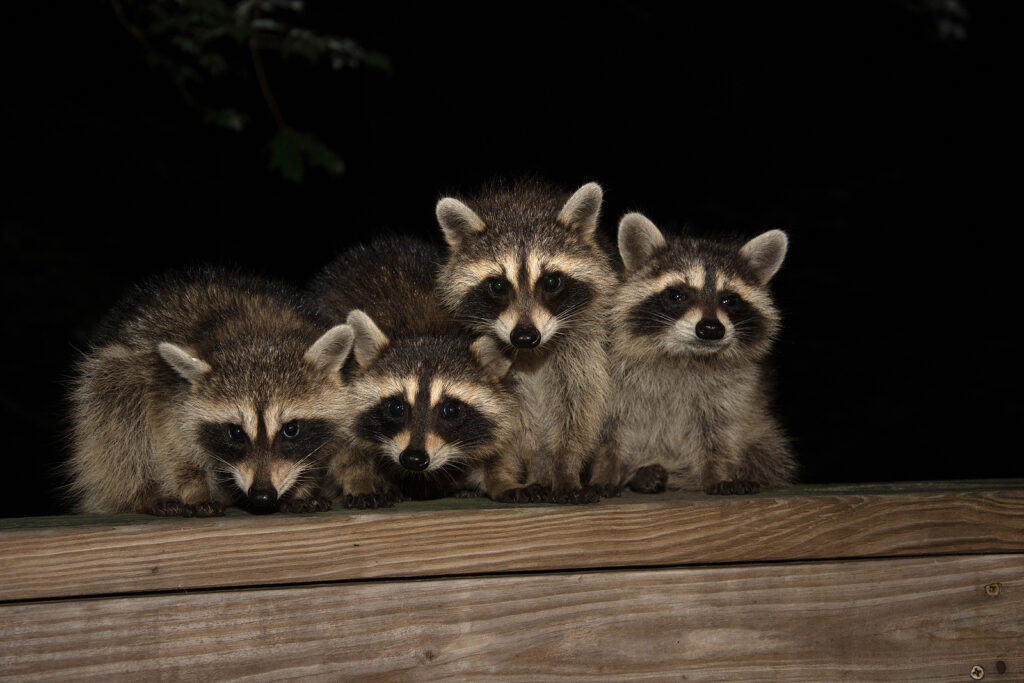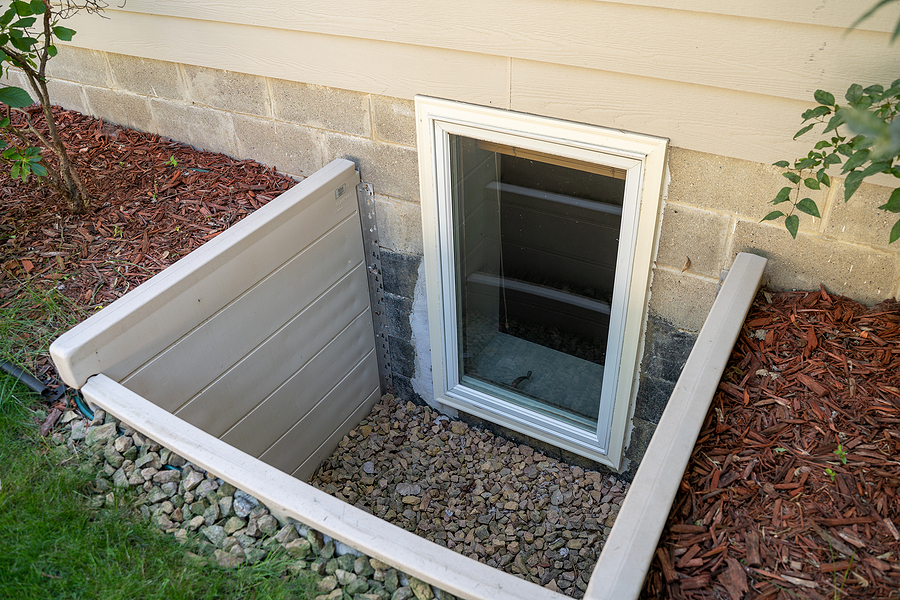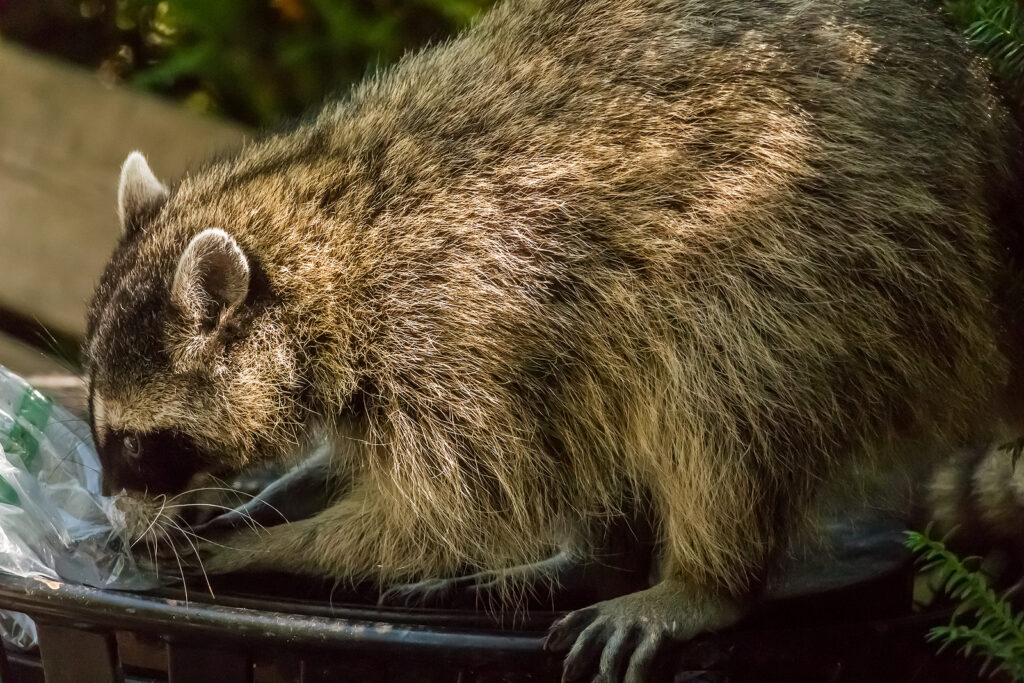The quick answer to this question is, yes. Continue reading to learn more about the Ringtailed Cat, and how they relate and differ from their distance relative, the raccoon.
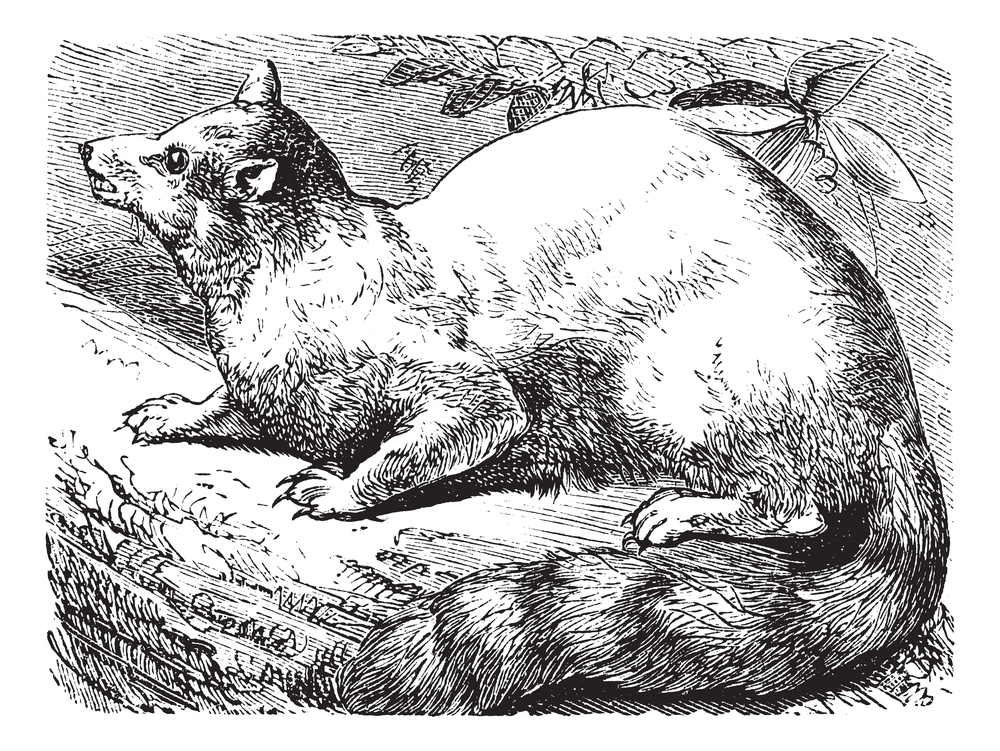
Facts About Ring-Tailed Cats
The Ringtailed is a mammal that is a part of the raccoon family, Procyonidae. They are scientifically known as Bassariscus astutus, and sometimes referred to as “miner’s cat” or “bassarisk.” Although they are much different from the common raccoon we know, you would be surprised to learn that they are similar in many respects, including appearance, behavior, diet, and more.
Appearance
Ringtailed cats have upright ears, pointy snouts, long whiskers, and large black eyes that are surrounded by light-colored fur. Their bodies are covered in a semi-soft, thick fur that comes in various shades, ranging from buff and beige hues to dark browns and black.
Their most distinguishable trait is their raccoon-like black and white striped tail. It is longer than their actual body, usually between 14 and 16 inches. They use it for balance, camouflage, and protection from predators. It is the trait that gives them their name. And they also have short, straight, semi-retractable claws that aid in climbing.
As for size, adults are generally similar in size to a standard house cat. From head to rear (not to tail), they range between 12 and 17 inches, and weigh on average between 1.5 to 3.5 pounds.
Diet
Like their relative, the raccoon, they are omnivores, which means they eat both meat and vegetation. Meat choices include bugs, small mammals, and small invertebrates, such as insects, fish, frogs, snakes, lizards, mice, rats, rabbits, and even ground squirrels. While vegetation includes seeds, plant matter, berries, juniper, persimmons, nectar, prickly pear, and more. They will eat whatever is in season and readily available to them.
Behavior
Ringtails are nocturnal, just like raccoons. They have terrific hearing and vision, which allows them to navigate in the dark and forage for food. They use a series of barking, clicking, and chattering sounds just like raccoons as well.
They are quite solitary too, usually going about their business alone until mating season in spring. They are hardly seen around human activity and keep their distance as much as possible. Their primary predators vary from region to region, but include bobcats, coyotes, foxes, owls, hawks, and more.
Reproduction
Spring is mating season for Ringtailed cats. Males care for females during their gestation period, which lasts an average of 45 to 50 days. They bring them food and protect them from predators. Females generally give birth to 1 or 2 baby ring tailed cats, called pups.
After a month, pups will open their eyes. From there, they will stay with their mother until they can hunt for themselves. This usually takes place between 4 and 6 months, but sexual maturity isn’t reached until 10 months. After that, ring tails live in solitude until it is time to mate.
Are raccoons becoming a nuisance around your residential or commercial property in Indiana? Contact Budget Animal Removal at 317-875-3099 for DNR licensed and insured racoon control in Indianapolis and its surrounding counties. Request a free estimate or advice, today!
Related Posts:
Top Recommended Raccoon-Proofing Strategies
Should I Be Afraid of Wild Raccoons on My Property?
Can I Contract an Infection From a Raccoon?


